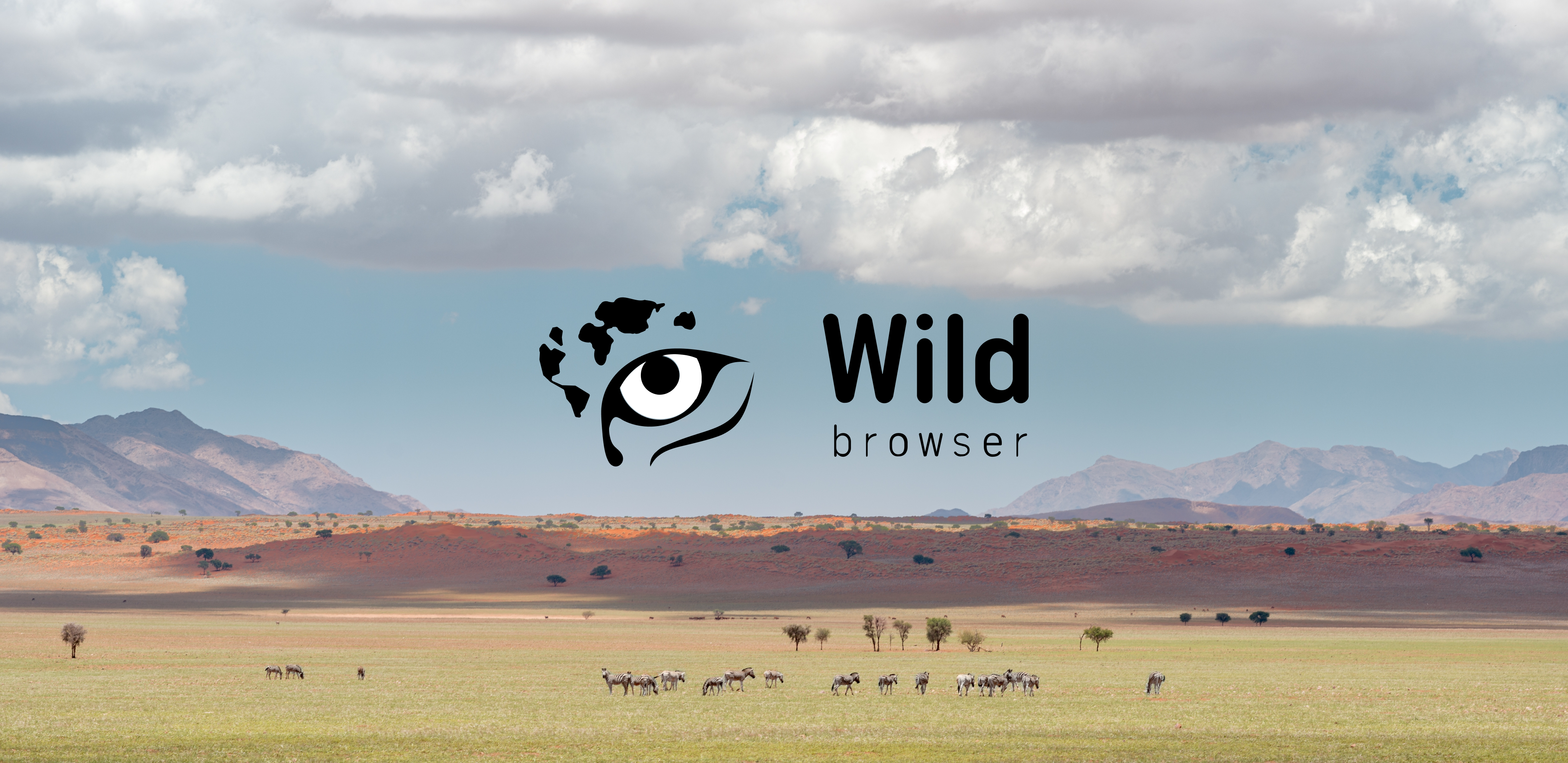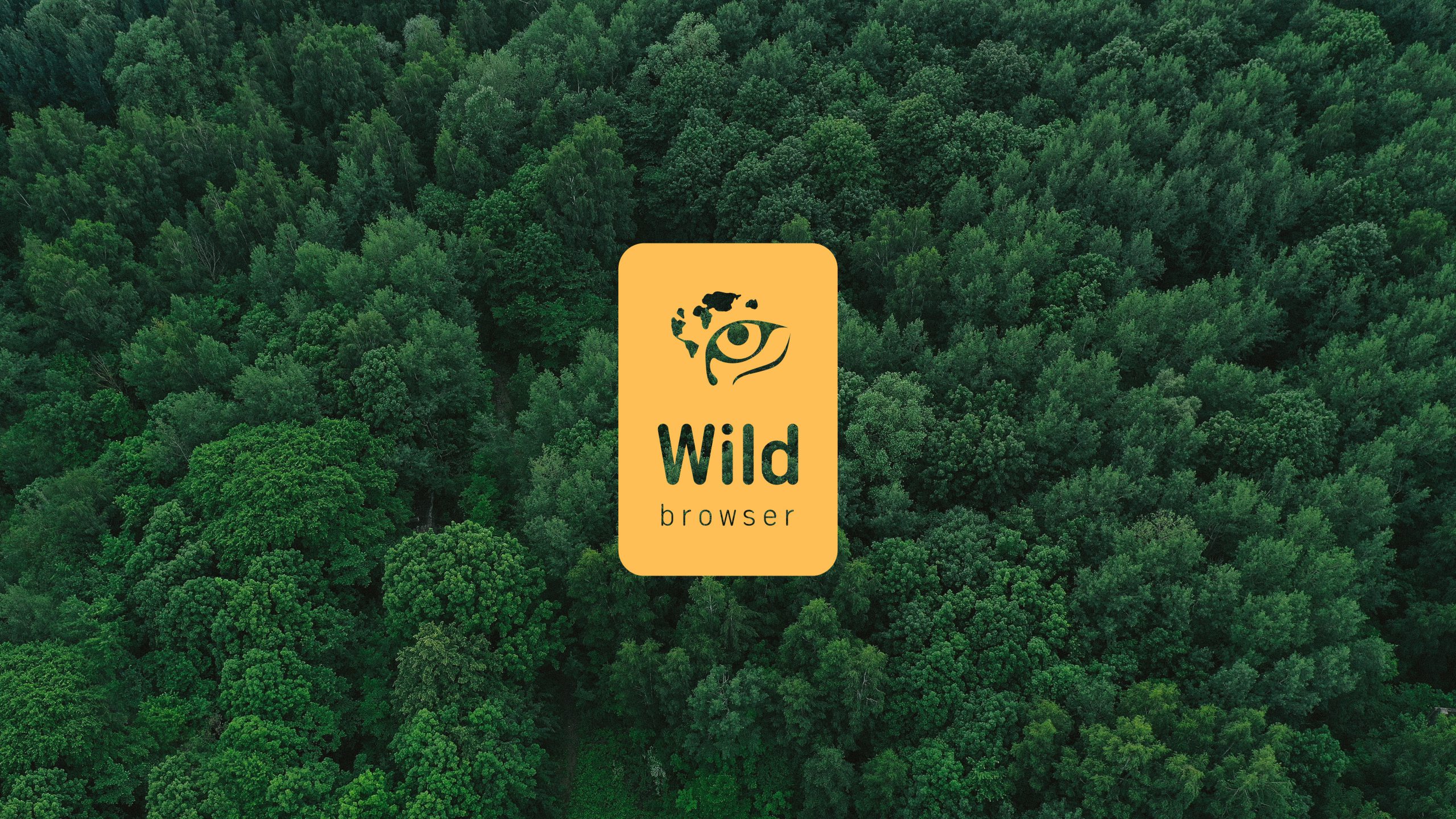In March 2021, Google announced that it had started testing the web tracking and learning algorithm FLoC that it would use to replace third-party cookies. The FLoC ID that would be generated allows sites, social media, and other advertisers to better track your activity across the web. The technology would allow interest-based advertising to target users in a higher capacity than cookies currently does.
The use of FLoC has received criticism from almost every angle. Every major browsing app built on the Chromium platform, other than Google Chrome, has refused to implement the technology. There are major concerns about privacy and antitrust issues, along with GDPR compliance in European Union areas.
Wild Browser is against the use of FLoC technology
Google has stated that the use of FLoC increases user privacy, but there have been a large number of comments suggesting the opposite. The CEO of DuckDuckGo stated that. “there is no such thing as a behavioral tracking mechanism imposed without consent that respects people’s privacy.” Others have pointed out that although the cohorts are made up of thousands of users, the addition of the use of IP addresses with some websites makes privacy questionable.
The reaction to FLoC has been overwhelmingly negative. A large amount of criticism has been in the technology itself. The rollout of FLoC, making it a default feature to browsers, has also largely drawn criticisms.
As a reaction, Amazon has disabled FLoC use on their sites company-wide. WordPress has announced the development of ways to turn off FLoC elements on their sites. Github has also disabled the technology on their sites.
Other browsers who, like Wild Browser, are developed on Google’s Chromium have spoken out against the use of FLoC and have disabled the technology in their browses. These include Microsoft Edge, Opera, Vivaldi, DuckDuckGo, Brave, and, of course, Wild Browser.
What Is FLoC?
The Federated Learning of Cohorts (FLoC) algorithm was developed by Google to replace the use of third-party cookies. Google announced that it would stop using third-party cookies by the end of 2023. In order to do that, they developed FLoC. Instead of attaching cookies to your browsing, FLoC analyzes users’ activity and groups them into cohorts, assigning an ID. The data is done in a browser, follows what interests users have, and groups users together. The cohorts change weekly. This then allows advertisers to access cohorts to target their advertising. It also allows websites and advertisers to have access to a fuller history, fingerprinting, and profile of the cohorts than current third-party cookies.
The decision and the rollout phase have drawn wide criticism from companies and digital rights advocacy groups. The non-profit digital rights group Electronic Frontier Foundation described the test as “a concrete breach of user trust in service of a technology that should not exist”. The test was done with users in ten countries, and users were not notified that they were part of the trial. None of the trials were carried out in the UK or European Union and European Economic Activity countries due to the legality of the technology with the GDPR.
How Does FLoC Threaten Privacy?
FLoC means that while browsing the web, you will be automatically grouped based on your history. Websites that you visit will be able to access the group and use it to target content or ads. Google already tracks users and maintains detailed profiles. When coupled with the information from FLoC IDs, these profiles can become more detailed.
In this early stage, the cohort IDs will be non-descriptive numbers but over time these anonymous-looking ID tags will be seen more, increasing the chances that people, organizations, or others find a way to determine what demographic they are identified with. Simply having the FLoC IDs load in your browser during your everyday browsing makes you susceptible to being tracked.
Access to FLoC can also completely erase online anonymity. For example, an online shopping site might already have some information about you because of your account when you log in. When this information is put together with the FLoC ID, the shopping site now has specific and detailed information about you that is unrelated to their site, their products, or your experience with their store.
The use of FLoC can also hurt publishers and online merchants by tracking their users. By default, FLoC usage will leak and share information. This will harm sites that have built a strong relationship with their patrons or developed a high level of trust.
How Can Users Protect Themselves?
The first step is to stop using Google Chrome. So far, no other browser has signed on to using FLoC. There are many other browsers available that offer privacy and security as a core function – Wild Browser is one of them.
The second is to check your Google Privacy Settings to ensure your cookie and tracking functions are safe and protected. Staying logged out of your Google account while browsing is also highly suggested.
If you also run a website, you can also turn off the function to protect your users – check with your platform for more specific instructions.
Wild Browser is against FLoC
Wild Browser was developed with privacy and security at its core. The use of FLoC, or any other targeting and tracking technology, is in complete opposition to our core goals. Google announced FLoC as part of its new Privacy Sandbox feature and we hope that other features have better service privacy than this.
We, like many other browser and internet app companies, are disappointed at the development of this technology and the way it was implemented. Users should be in charge of their own data, not be forced to use new technologies without being asked to opt-in. Users should not have their trust in technology undermined by large corporations.
By using the Wild Browser app you can be sure that your browsing is safe and secure. We anonymize all your search and browsing history. We don’t store any personal data. Further developments on the Wild Browser app will continue in our goal of secure and fast mobile browsing. The next stage of the Wild Browser app includes a built-in VPN and AdBlock service.
Wild Browser enables you to stay safe and in control of your own data while browsing.


